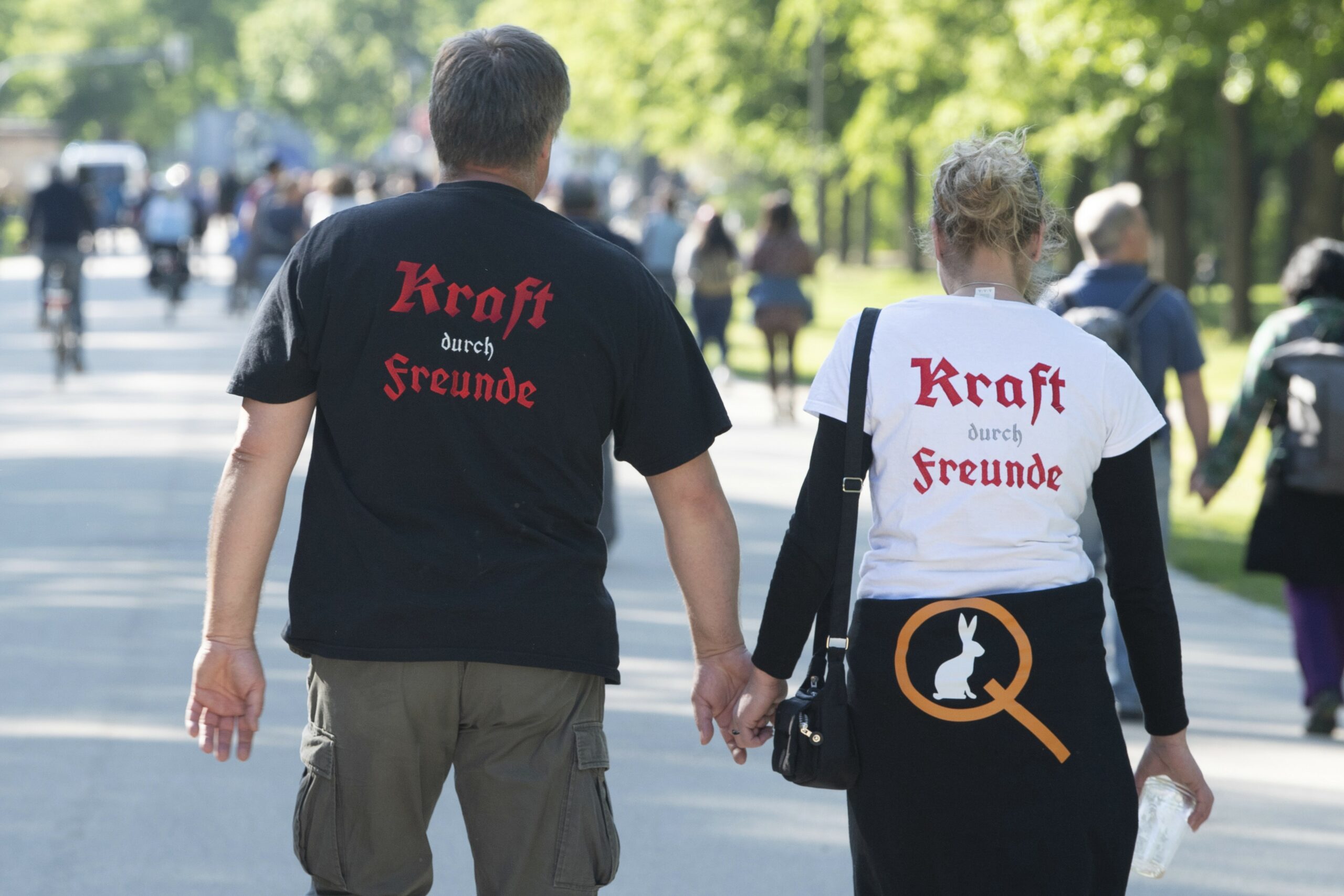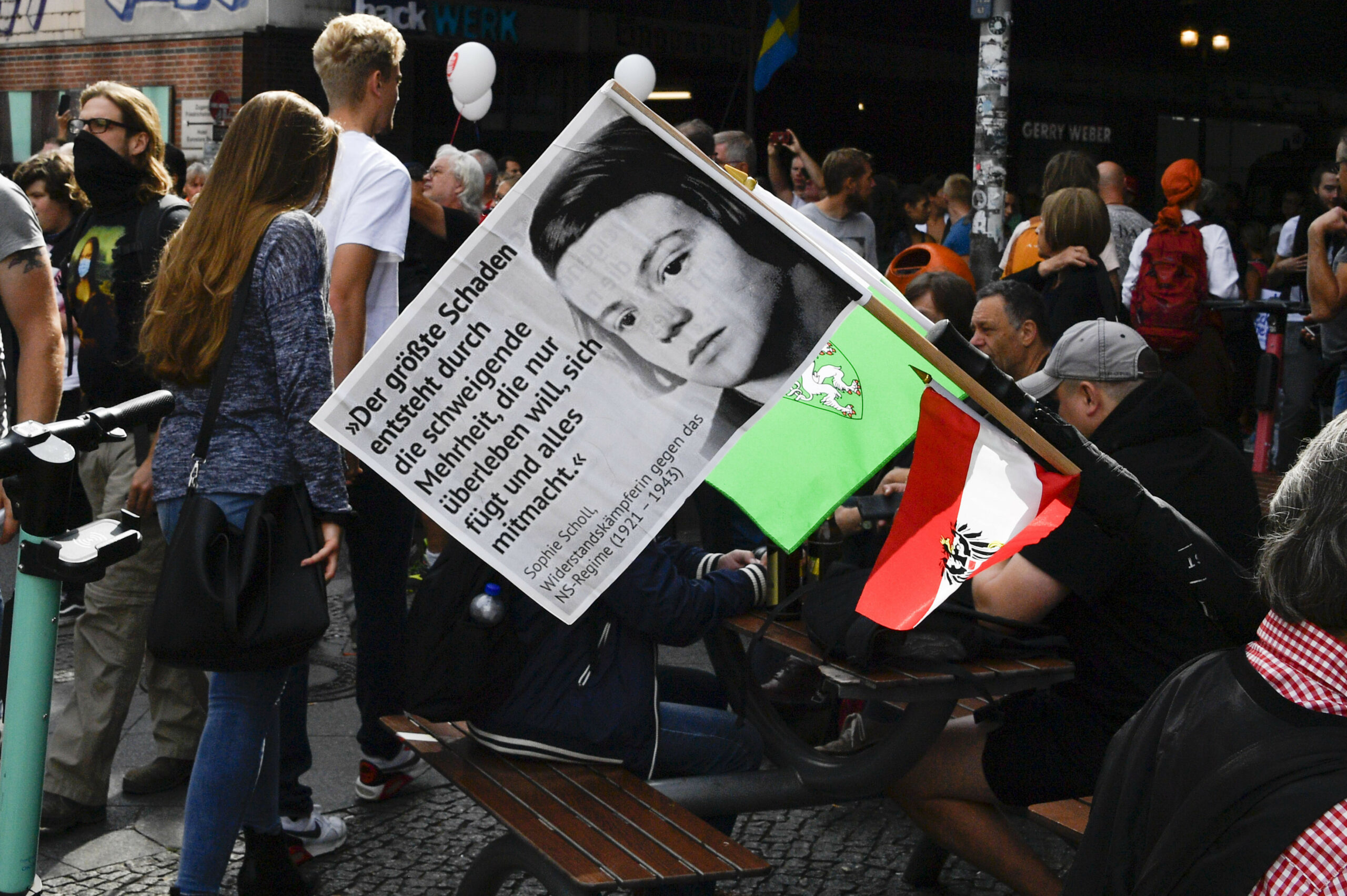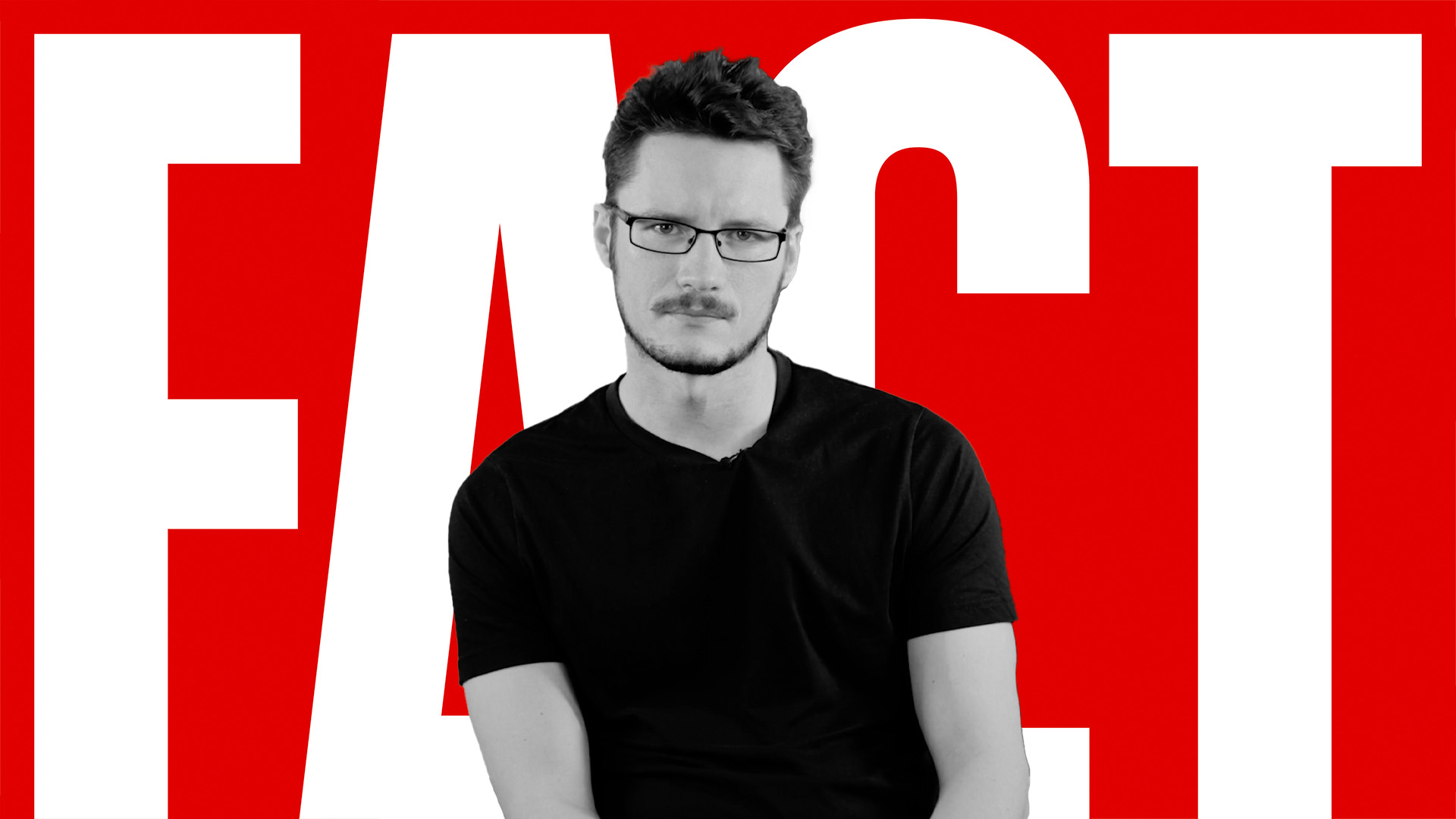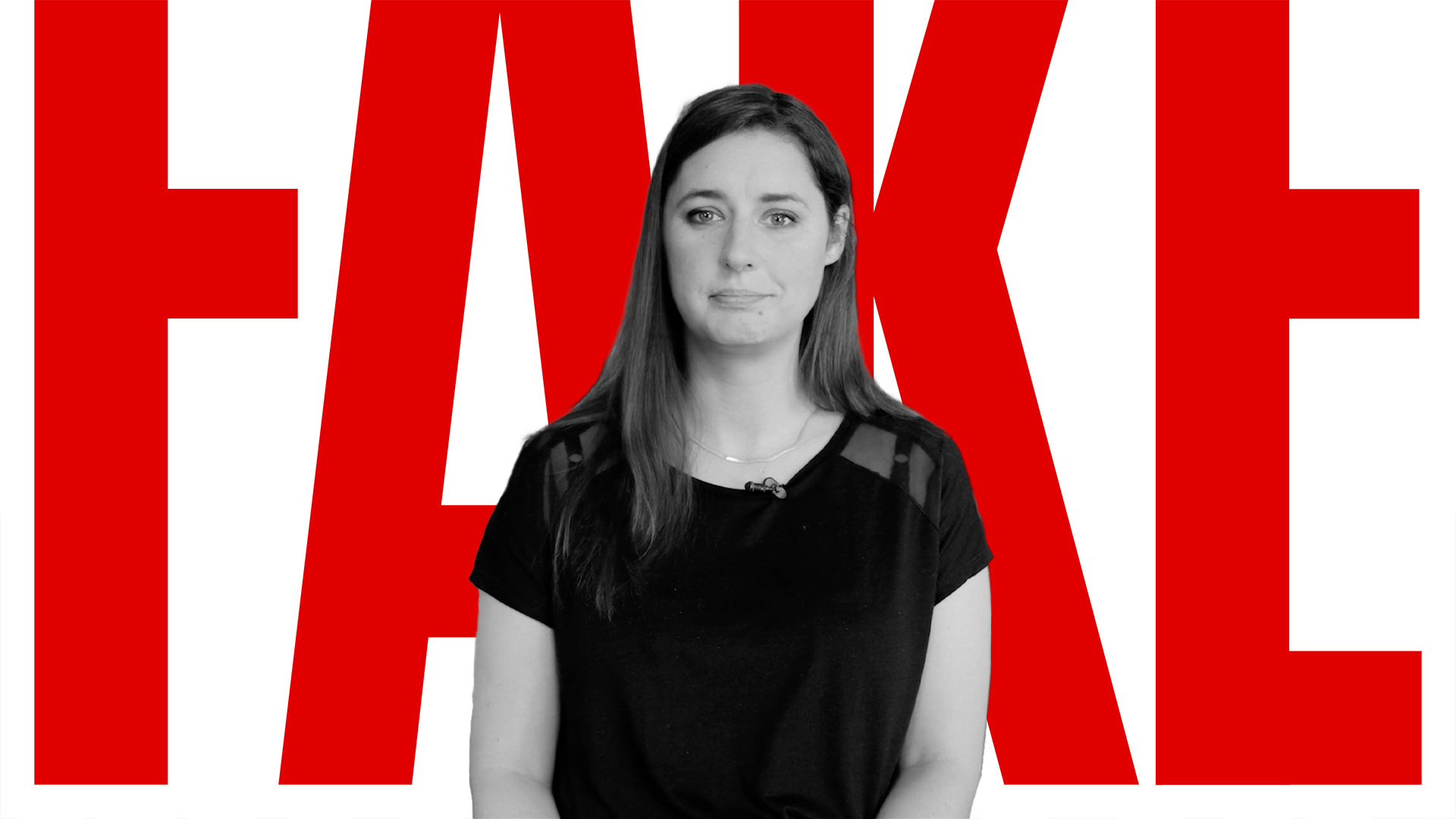Right-Wing Populism and Antisemitism
What do conspiracy theories have to do with right-wing populism and antisemitism?
Conspiracy theories reduce the complexity of the modern world to the transgressions of individuals and groups. In some conspiracy theories, “the Rothschilds” or “the Rockefellers” enter the stage as key players. While these names actually denote Jewish banking families, in the context of conspiracy theories they are connected with long-held antisemitic notions linking Jews with finance and money. These notions have their roots in occupational bans targeting the Jewish population between the 13th and 15th centuries: during that time, Jewish people had little choice but to be involved in spheres of activity such as moneylending and international trade that were forbidden to Christians. And so, in antisemitic rhetoric, “Jews” symbolize an uprooting from the national landscape or corrupt financial machinations. From a historical injustice, an ill intention is thus construed: Jews, it is claimed, deliberately chose moneylending as a way of developing and controlling a capitalistic economic system.
Conspiracy theories can, however, have antisemitic components even when no Jewish involvement is explicitly cited. Rather than speaking of “the Jews,” reference is made to “high finance,” the (American) “East Coast,” a “media elite,” or “Zionists.” In these contexts, expressions like “certain groups” or “influential circles” also signify Jewish people. The public or right-wing populists may then, consciously or an unconsciously, project antisemitic meaning onto such expressions. That is one of the reasons why right-wing populists often seek out events linked to conspiracy theories – so that they can make implicit antisemitism explicit and harness it for a cohesive, racist-nationalist worldview (figs. 1 and 2).

Fig. 1
COVID protest, Dresden
picture alliance/dpa/dpa-Zentralbild/Sebastian Kahnert
Participants at a COVID protest wear t-shirts with the words “Kraft durch Freunde” (Strength through Friends), making reference to the National Socialist organization “Kraft durch Freude” (Strength through Joy), which organized cultural and touristic activities in the Nazi regime between 1933 and 1945. It aimed to integrate workers into the “people’s community.”

Fig. 2
COVID protest, Berlin, August 29, 2020
picture alliance/Geisler-Fotopress/Frederic Kern
Antivaxxers, making reference to Sophie Scholl – a well-known German activist in the resistance against National Socialism – engage in historical revisionism and stage themselves as heroes. In this protest against protective measures, they send the message that resistance to the democratically elected German government today is the same as resistance to the Nazis and their illegitimate regime. In this way, our democratic government is recast as a dictatorship. Quite often, protesters see themselves as the victims of Covid measures and put themselves on par with the victims of National Socialism.

Why are conspiracy theories dangerous?
There are very real connections between right-wing populists and conspiracy theorists. Ralf Ludwig, co-founder of the party dieBasis, is also Michael Ballweg’s lawyer. Ballweg, a media entrepreneur who belongs to the Reichsbürgerbewegung (Reich Citizens’ Movement), organized protests against the protective measures during the coronavirus pandemic using the moniker “Querdenken 711.” (Lateral Thinking 711) Ludwig made an analogy between the police restraints imposed at demonstrations and the actions of the Nazi Adolf Eichmann, who, in his capacity as SS-Obersturmbannführer, was among those responsible for the forced displacement, persecution, deportation, and mass murder of European Jews. Ken Jebsen, who worked as a journalist, initiated the right-wing “Mahnwachenbewegung” (Silent Vigil Movement) and is the force behind the conspiracy theory channel KenFM. Atilla Hildmann, once a vegan chef and influencer, is today a right-wing extremist and activist and an avowed conspiracy theorist. The singer Xavier Naidoo has his own Telegram channel, which he uses to glorify right-wing terrorists. He calls Atilla Hildmann his “brother in spirit.”
Online right-wing extremist communities encourage conspiracy theories and hate speech, glorify perpetrators, defame activists, and invite imitation. They supply the groundwork for violent acts of terror such as the Hanau shootings of February 20, 2020, the Halle synagogue shooting of October 9, 2019 and the gas station murder in Idar-Oberstein on September 18, 2021. The cashier who was shot had pointed out the mask requirement that was in place due to the coronavirus. It was later shown that the shooter was active on platforms that spread conspiracy theories and was inspired by them.




